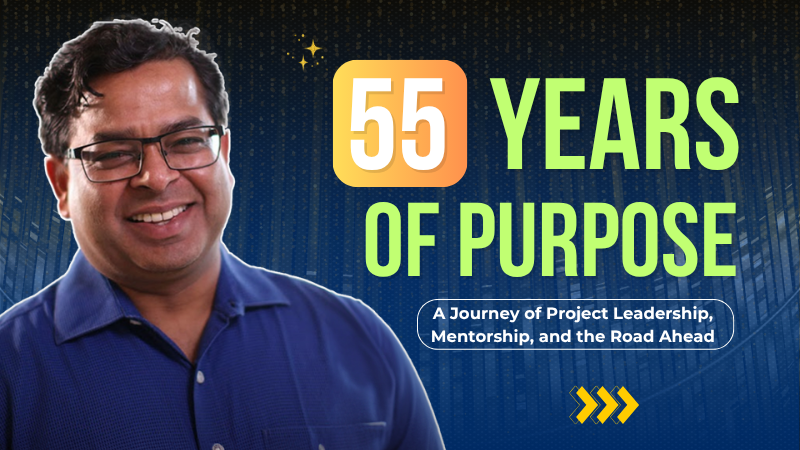
55 Years of Purpose: Reflecting on Project Leadership, Mentorship, and the Road Ahead
Turning 55 makes me reflect on a journey built not just on time, but on projects, people, and a purpose that has guided me throughout. From a hands-on practitioner to a worldwide mentor directing professionals in navigating their paths in project leadership, this has been a learning-based journey for me.
“A leader is one who knows the way goes the way and shows the way.” – John C. Maxwell
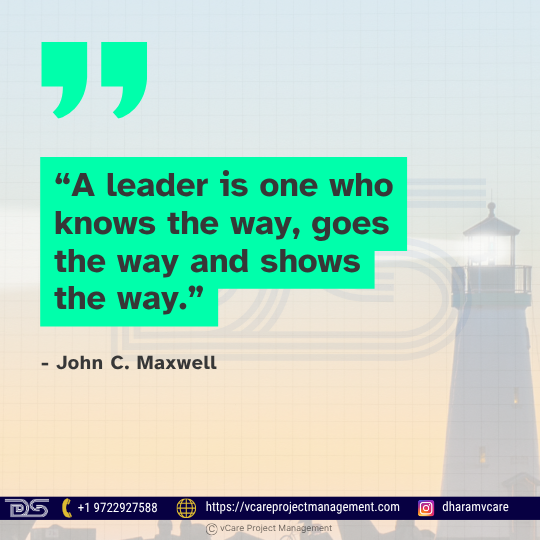
“Turning 55 reminds me—great leadership is about knowing the way, going the way, and showing the way.”
As the field of project management is evolving rapidly, bringing both complex challenges and exciting opportunities. Professionals often begin their journey with foundational credentials such as CAPM®, PMI Project Management Ready™, and PMI Kickoff™, which provide a solid base for advanced certifications like PMP®. As they grow in expertise and responsibility, many pursue specialized credentials such as PgMP® for program management and PfMP® for strategic portfolio management, emphasizing leadership, strategic thinking, and technical proficiency.
To further strengthen capabilities in PMO management and organizational alignment, PMI has recently launched the PMO Certified Professional (PMOCP)™. Collectively, these certifications offer a structured pathway for developing resilient, future-ready leaders equipped to navigate today’s dynamic project landscape.
Reflecting at 55: A Journey Built on Projects, People, and Purpose
I still find myself thinking about some basic concerns even after all these years of project, program, and portfolio management experience. These are not merely questions; rather, they are reflective thoughts that help me stay grounded, receptive to ongoing learning, and in line with the dynamic nature of our line of work. They remind us that no matter how far we’ve come, growth is an ongoing process. These important questions keep coming to mind:
1. How do I stay truly relevant in today’s fast-changing project world?
2. What really makes a mentor different from a practitioner in project leadership?
3. Can a career build on purpose last longer than one focused only on results?
4. What kind of mind-set does someone need to succeed in earning PgMP® or PfMP® certification?
5. How do I keep growing when the industry, tools, and expectations are always evolving?
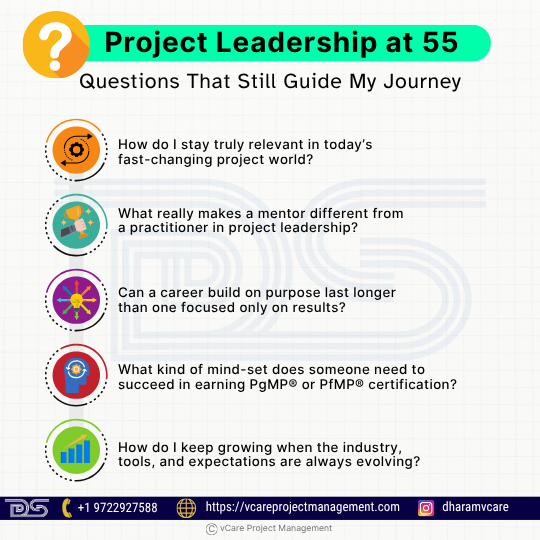
At 55, Dharam Singh reflects on the timeless questions that continue to shape great project leaders and mentors.
These questions shape the way I lead and mentor. They influence how I train, how I support aspirants, and how I walk alongside them on their certification journey. I believe these are not just personal reflections, but essential questions that every committed project leader must explore as they progress in their professional path.
From Practitioner to Global Mentor: My Evolution in Project Leadership
When I started my journey in project management, my focus was on project delivery. I concentrated on meeting deadlines, achieving goals, and satisfying stakeholders. Over time, as I led diverse teams and handled complex programs across sectors, my perspective began to shift. I started to value the power of strategic alignment and the human side of leadership. One of my most meaningful moments came when a former trainee told me that earning their PgMP® changed their entire career path. That made me realize mentorship was not just support, it was impact.
Becoming a global mentor was never part of a grand plan. It happened as I shared lessons, simplified complex concepts, and helped others unlock their potential. Today, I guide aspirants not only through certification paths but through mind-set transformation. I remind them that leadership is not about control, but about clarity, consistency, and contributing to the growth of others.
PgMP® and PfMP®: More Relevant Than Ever in Today’s Project Economy
Certifications like PgMP® and PfMP® have become increasingly important in today’s dynamic project environment. They not only validate advanced project leadership but also represent a professional’s commitment to driving impactful change in an innovation-driven world. These certifications empower professionals with strategic thinking, cross-functional leadership, and the ability to deliver results aligned with organizational goals.
PgMP® – Program Management Professional
The PgMP® credential is tailored for professionals managing multiple, related projects and achieving strategic objectives. It reflects leadership at a higher level, beyond individual project delivery.
Key aspects are:
• It focuses on managing complex programs and aligning them with strategic goals.
• It emphasizes benefits realization and stakeholder alignment.
• PgMP® is ideal for experienced project managers ready to scale up to program leadership.
Global Impact of vCare Project Management in PgMP® certification are:
1. North America
• United States: 11.2%
• Canada: 9.7%
• Mexico: 12.0%
2. Asia & Middle East
• India: 14.5%
• Saudi Arabia: 5.5%
• United Arab Emirates: 13.4%
• Singapore: 14.3%
• Malaysia: 26.0%
• Kuwait: 7.7%
3. Oceania
• Australia: 35.0%
• New Zealand: 35.0%
4. Europe
• Germany: 13.75%
• Italy: 17.2%
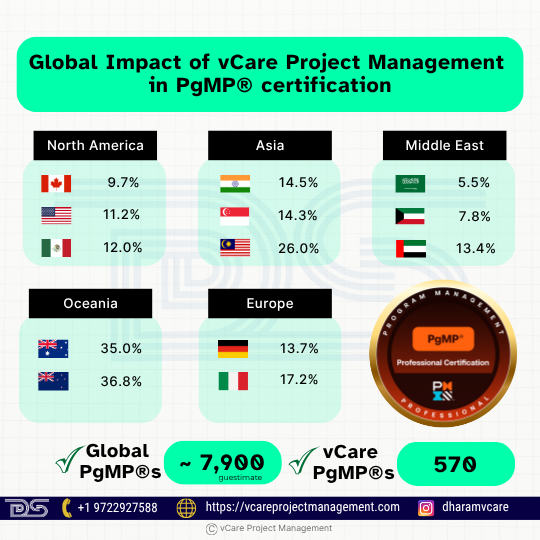
From practitioner to global mentor—Dharam Singh reflects on a leadership journey rooted in purpose and impact.
PfMP® – Portfolio Management Professional
The PfMP® credential is designed for senior professionals who manage portfolios of programs and projects aligned with strategic business objectives.
Key Highlights:
• It focuses on portfolio strategy, governance, performance, and risk management.
• It equips leaders to prioritize initiatives and optimize investments.
• It is ideal for executives and portfolio managers driving organizational value.
Global Impact of vCare Project Management in PfMP®:
1. North America
• United States: 10.0%
• Canada: 12.0%
2. Asia & Middle East
• Saudi Arabia: 3.4%
• India: 6.0%
• United Arab Emirates: 8.8%
• Qatar: 23.8%
• China, mainland: 1.5%
3. Oceania
• Australia: 50.0%
• New Zealand: 66.6%
4. Europe
• Germany: 18.8%
• Greece: 33.3%
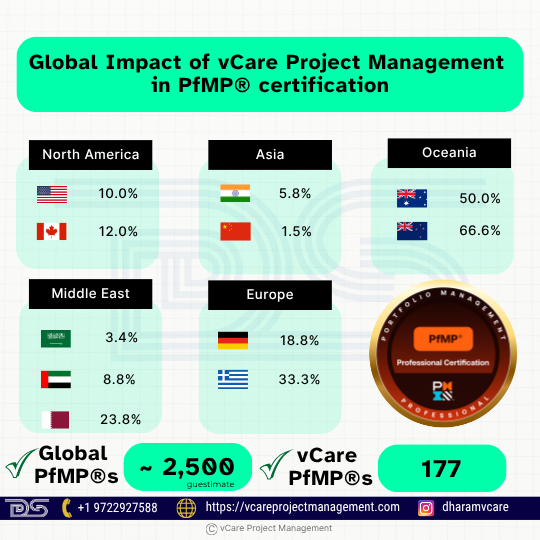
PfMP equips senior professionals to align portfolios with strategy and drive high-impact results—see how vCare supports global leaders in this mission.
These vCare contribution percentages clearly highlight the organization’s strong global presence and its impactful role in shaping certified leaders across continents.
According to the PMI Registry, the global certification landscape shows that China has approximately 2580+ PgMP’s and the United States has approximately 1500+ PgMP’s and these are the top two countries in the world for PgMP® certifications, reflecting their deep investment in advanced program management capabilities. When it comes to PfMP®, the The United States continues to lead globally with approximately 574+ PfMPs, while Saudi Arabia, now in second place with around 564+, is rapidly closing the gap in its push to become the global leader in strategic portfolio management.
Against this global backdrop, vCare’s consistent mentoring excellence continues to empower professionals to not only earn these elite credentials but to lead with clarity, confidence, and purpose.
The Certification Mindset: Forging Resilient, Strategic Leaders for a Complex World
PgMP® and PfMP® certificates can change the way professionals think, which helps them lead with foresight, deal with complexity, and make sure that projects are in line with the goals of the organisation. This way of thinking promotes learning for life, self-control, and being open to change. It also helps people become stronger, by teaching them how to deal with uncertainty, stay focused, and think critically. Certified leaders are renowned for their expertise and the way they use it in a world where things are always evolving, breakdown, and generating new concepts. You must think like this if you want to be a successful leader and remain relevant for a long time.
AI in Project Management: Disruptor, Enabler, or Strategic Partner?
AI is transforming the project management environment across various sectors, with experts unsure whether it is a strategic partner, enabler, or disruptor. However, when approached with knowledge and preparedness, AI becomes a strong facilitator, automating operations, boosting risk management, and streamlining resource planning. This allows project managers to focus on higher-value work, such as strategic decision-making, innovation, and stakeholder engagement.
AI makes consistent decision-making easier, implementation faster, and reduces complexity. Real-time data insights help teams work more efficiently and adapt quickly. Incorporating AI tools into daily project processes is essential for modern project ecosystems, reducing manual errors, improving accuracy, and ensuring on-time delivery.
AI can handle and analyze large amounts of data, but ethical supervision, context, and direction still rely on human leadership. Merging artificial intelligence with human insight leads to better outcomes, imagination, and strong project plans. Project managers must appreciate the possibilities of AI and use it appropriately, as those who see AI as an enabler of smarter, more agile project management rather than a threat will be ideally positioned to lead the next generation of high-performing, technology-driven projects.
Staying Human in the Age of AI: Essential Practices for Project Leaders
The role of a project leader, in my opinion, becomes even more human-centric as AI continues to change the field of project management. I adhere to the following crucial procedures and advise others who want to lead successfully in this AI-driven age:
1. Stress the importance of emotional intelligence and empathy – Make a human connection with your teammates. The emotional depth needed to inspire and establish trust cannot be replaced by technology.
2. Pay attention to stakeholder communication – Leaders need to manage relationships while AI handles data. Communication that is honest, transparent, and compassionate is still essential.
3. Combine judgement and data – Utilise AI-generated insights, but always use human judgement to understand long-term effects, context, and values.
4. Establish a culture of education – Teams should be encouraged to remain inquisitive and receptive to advancements in technology and people.
5. Encourage morality and diversity – Make sure AI-powered decisions are impartial, open, and consistent with moral principles.
6. Set a good example – Exhibit resilience, humility, and flexibility. More than any algorithm, these human qualities motivate teams.
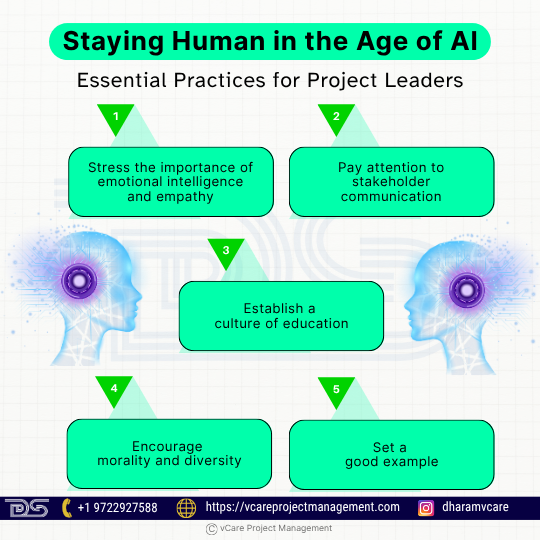
AI is reshaping project management, but empathy, ethics, and human judgement are what set great leaders apart.
The goal of remaining human is not to oppose AI. It involves balancing it with the enduring principles of leadership – vision, integrity, and compassion.
How PMI’s PMO Certification (PMOCP) Is Shaping the Future of Project Management Offices
I consider the PMI-PMOCP™ to be a strategic and timely development for PMO professionals. By coordinating project execution with overarching business objectives, the PMI PMOCP™ certification aims to identify and enable strategic PMO leadership. It emphasises practical, real-world skills like influence, agility, governance, and stakeholder engagement, all of which are critical in today’s changing environments.
By equipping professionals to lead significant organisational change rather than merely concentrating on status updates, it also fills important skill gaps in today’s PMOs. I gave a thorough rundown of the exam structure, application procedure, and efficient study methods in our most recent vCare webinar.
Having the PMOCP™ certification improves one’s reputation internationally and opens doors in various sectors and geographical areas. This certificate helps professionals land important roles and make strategic contributions to their organisations, whether they are creating a new PMO or expanding an existing one.
vCare Project Management is hosting a special webinar on the PMI-PMOCP™. The session features Kim Marcelliano, Senior Product Manager at PMI. She will share strategic insights on the credential’s relevance and target audience, while I will explain the exam structure, application process, and preparation tips. With their combined expertise, the webinar offers a clear path to PMO certification success. Ideal for PMO leaders and aspiring professionals, this session will provide valuable guidance to advance your career and strengthen your PMO’s strategic impact. So, don’t miss this opportunity, do check the webinar if you are interested.
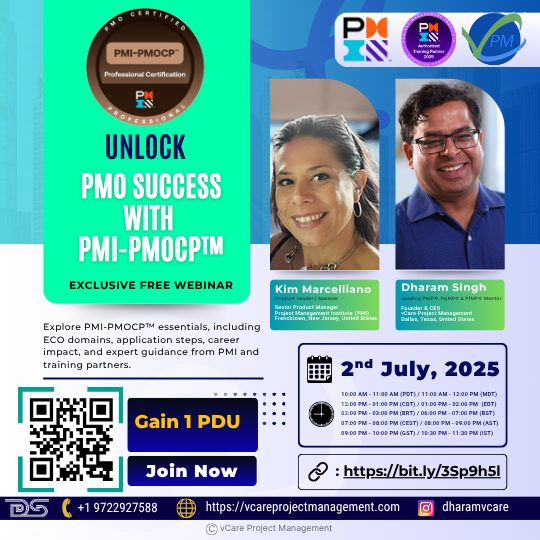
PMI-PMOCP is redefining PMO leadership. Learn how this new certification aligns strategy, agility, and impact.
Register Now: https://bit.ly/3Sp9h5l
Date: Wednesday, 02nd July 2025
Time: 10:00 AM – 11:00 AM (PDT) / 11:00 AM – 12:00 PM (MDT) / 12:00 PM – 01:00 PM (CDT) / 01:00 PM – 02:00 PM (EDT) / 02:00 PM – 03:00 PM (BRT) / 07:00 PM – 08:00 PM (CEST) / 08:00 PM – 09:00 PM (AST) / 09:00 PM – 10:00 PM (GST) / 10:30 PM – 11:30 PM (IST)
Guiding the Next Generation: My Approach to PgMP® and PfMP® Mentoring
Being a mentor is not just what I do, it’s what keeps me growing. Every interaction teaches me something new. While I have had the privilege of guiding over 570 PgMP®s and 177 PfMP®s worldwide, I consider myself a co-learner in this journey, growing alongside every professional I mentor.
PgMP® and PfMP® are more than just certifications. They stand for advanced governance skills, strategic thinking, and the capacity to match organizational objectives with program and portfolio objectives. The need for leaders with this degree of experience is growing as the project economy develops. These qualifications are increasingly crucial indicators of leadership prepared for the future.
Making this journey both meaningful and attainable is our mission at vCare Project Management. With tested mentoring models, organized preparation programs, and continuous support, we give candidates a clear path forward. Our goal is to help you pass, but we also want to help you become more confident and clear-headed in the process.
I provide advice to each person I mentor based on practical difficulties and knowledge gathered over many years of experience. There is no shortcut to success in PgMP® or PfMP®. It all comes down to comprehension, attitude, and steady support.
vCare Project Management can help you make the next big career move with purpose and precision.
The Road Ahead: Lifelong Learning and Collective Growth Beyond 55
As I turn 55, it feels perfectly timed that I have had the privilege of mentoring over 555+ aspirants, one for every year of my life and a few extra for good measure.
But a journey doesn’t end when you turn 55, but it marks the start of a new chapter based on in-depth education, significant mentoring, and a mutual dedication to the advancement of the field. There is a greater need than ever for strategic, forward-thinking leaders as the project landscape changes quickly and artificial intelligence changes how we lead and deliver.
There are still not many PgMP® and PfMP® certified professionals in the world, there are only 2500 PfMP®’s and 7900 PgMP®’s. Aspiring professionals have a significant opportunity here. These certifications represent more than just accomplishments. They serve as indicators of maturity, foresight, and the capacity to influence programs and portfolios.
“The function of leadership is to produce more leaders, not more followers.” – Ralph Nader
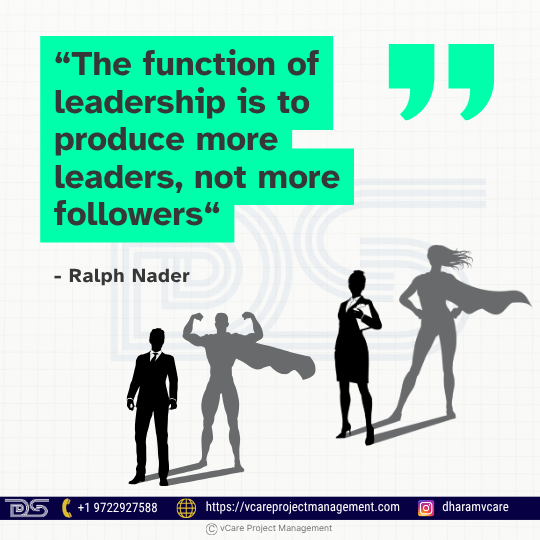
As Dharam Singh turns 55, he reflects on mentoring 555+ leaders and shaping the future of project and portfolio excellence.
Our goal at vCare Project Management is to enable people by providing them with organised mentoring, insightful guidance, and constant encouragement. We assist professionals in developing their leadership skills as well as their knowledge.
Now is a good time to think about your next project leadership move. The world needs competent, qualified individuals who are prepared to lead with clarity and purpose. At vCare, we are ready to provide you with forthright and specialist support during that journey.
Note: The figure of globally certified PgMPs & PfMPs is a guestimate based on available public sources and professional observations. Actual numbers may vary as PMI does not always publish real-time global certification data.
#DharamSingh #55YearsOfPurpose #PgMP #PfMP #PMOCP #ProjectLeadership #vCareProjectManagement #MentorshipMatters #StrategicPMO #AIandLeadership #PMICertification #FutureOfPMO #ProjectEconomy #PortfolioManagement #GlobalMentor #LeadershipReflection #LifelongLearning #EmotionalIntelligence #ProjectManagement

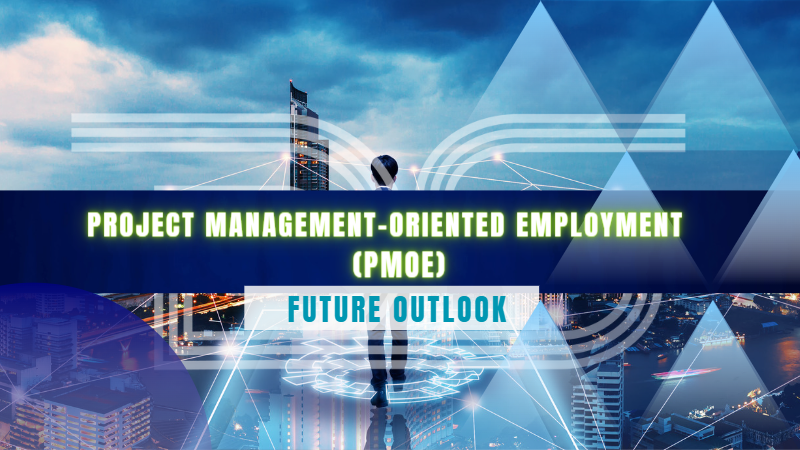






Recent Comments